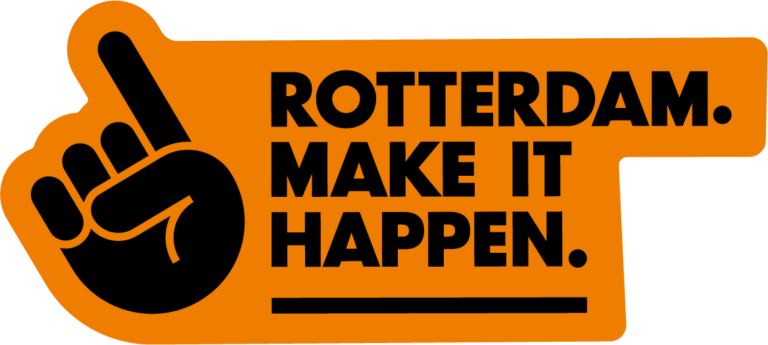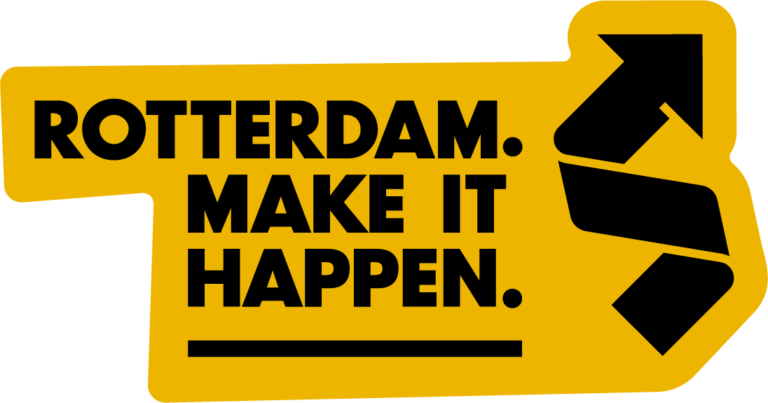Over the past two years, Wrocław’s approach to placemaking has undergone a remarkable transformation. Through their journey in the Cities in Placemaking programme, they have reflected on the essence of placemaking and its potential to create lasting impact. The Wrocław team has embraced a more intentional approach to designing spaces that truly resonate with communities. This evolution is evident in the cases they now present, which exemplify their renewed perspective and commitment to placemaking.
Nowy Targ Square: From Concrete Desert to Urban Oasis
Nowy Targ Square used to be a glaring example of modern urban planning – a flat expanse of concrete. In 2024, Wrocław tore up the script (and most of the concrete) and planted over 170 trees, ferns, grasses, and other greenery. They added an automatic irrigation system, ensuring sustainability, and left space for a planned fountain that promises to inject even more vitality.
The result? A cooler, more inviting space that doesn’t just look good but feels good, both physically and socially. It’s a place where you might actually want to linger, talk, or simply exist.
The project reminds us that it’s not about slapping “green” on the label but about addressing fundamental urban needs, shade, air quality, and the human craving for nature.
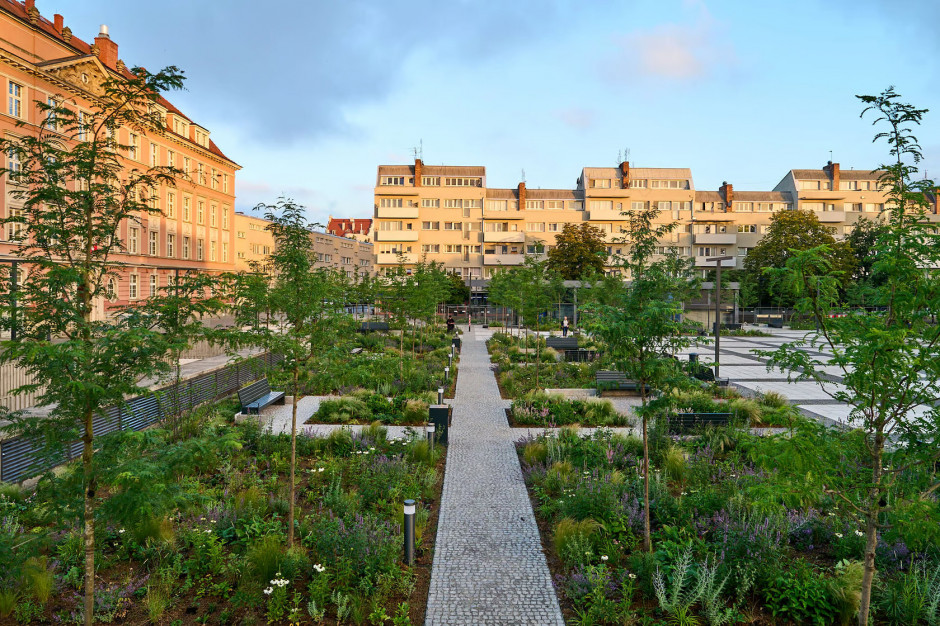
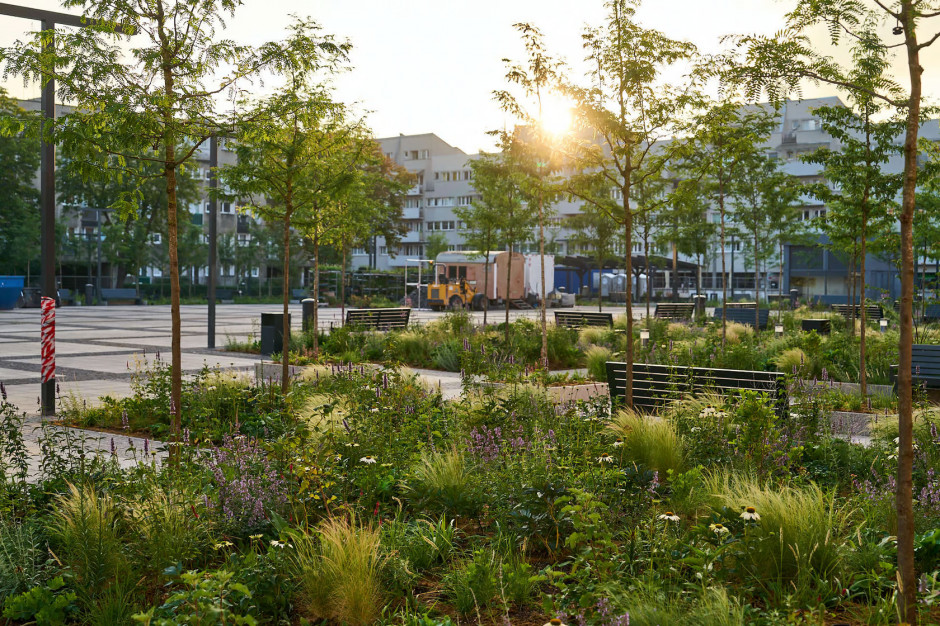
Popowice Depot: Microgrants, Macro Impact
In Popowice, an informal group of female activists decided to roll up their sleeves and start small. Using microgrants, they transformed a drab corner of their estate into a vibrant community garden, using recycled materials
This wasn’t just about planting flowers; it was about planting ideas. The project became a rallying point for neighbors, proving that placemaking isn’t just about what you build but how you build it and who you build it with.
There’s a lesson here for all cities: stop waiting for big budgets and grand plans. Start small. Trust people to know their own needs.

City Farm: Urban Agriculture with a Social Conscience
Wrocław’s City Farm is one of those ideas that makes you wonder, “Why isn’t everyone doing this?” Located on the University of Life Sciences’ grounds in Swojczyce. The farm feeds nursery school children with fresh produce, provides surplus food to seniors, and offers job training to the unemployed. It’s part ecological initiative, part social safety net, and entirely brilliant.
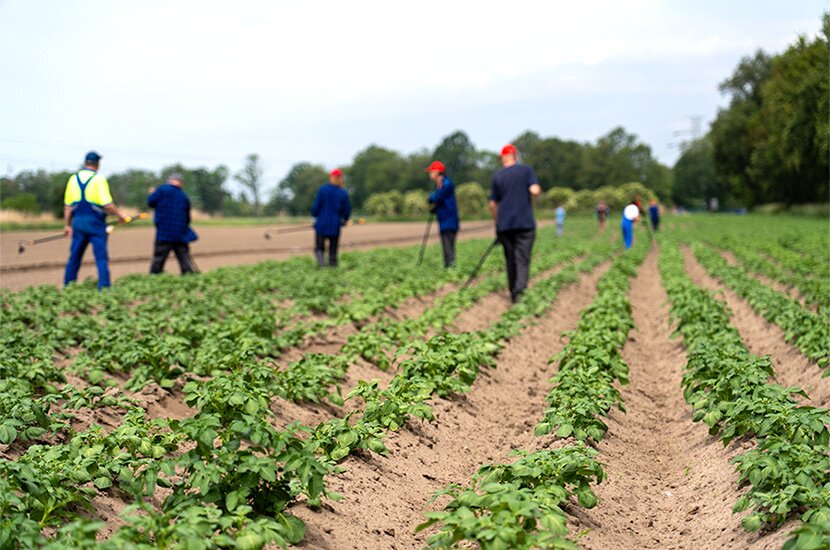
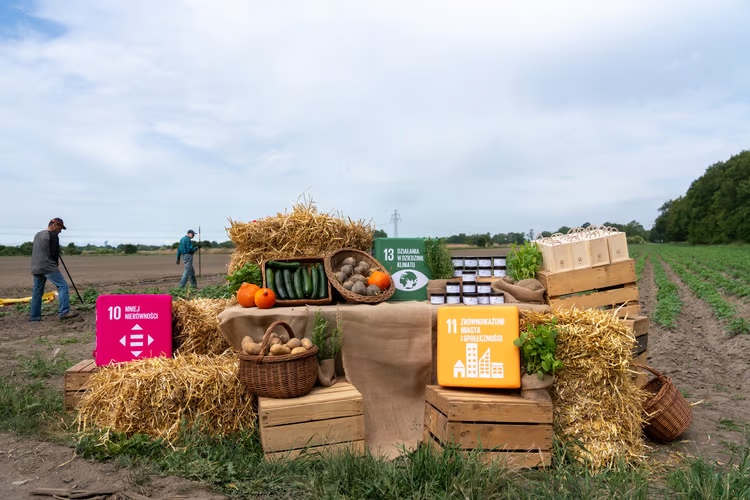
Czasoprzestrzeń: From Tram Depot to Cultural Hub
Once a forgotten tram depot in Dąbie, Czasoprzestrzeń has been reimagined as a cultural hotspot. It now hosts everything from handicraft workshops to open-air cinema nights. The transformation isn’t just physical, it’s conceptual. This isn’t a space for passive consumption; it’s a platform for active participation.
Too often, cities pour money into cultural projects that feel imposed, sterile, or disconnected from the people they’re meant to serve. Czasoprzestrzeń thrives because it feels organic, adaptable, and genuinely collaborative.

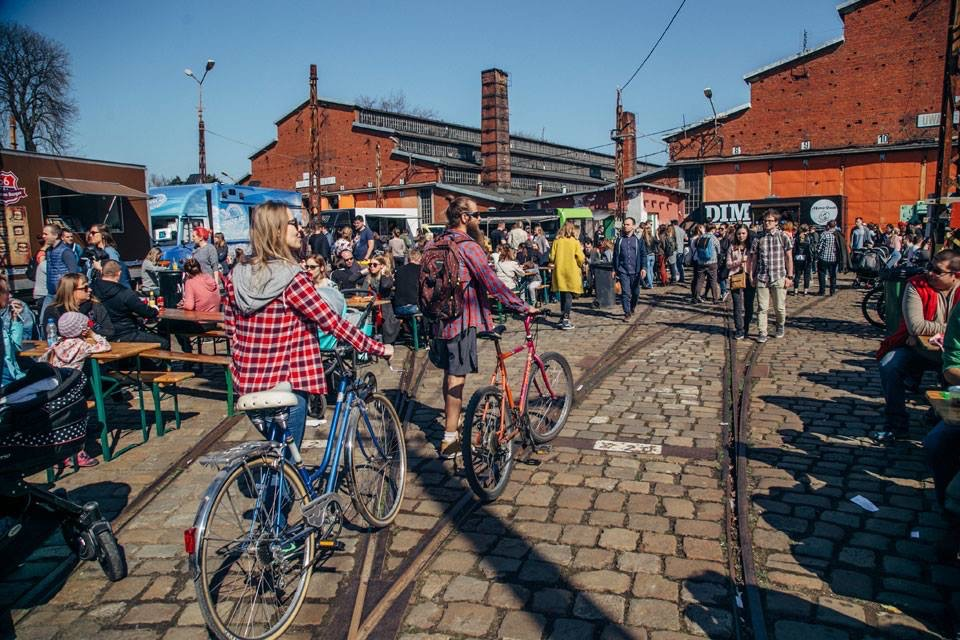
Biskupin-Sępolno City Games
This might be Wrocław’s most playful project, and it’s genius in its simplicity. Through neighborhood games, residents explored the hidden histories of Biskupin, Sępolno, and Dąbie. They solved puzzles, uncovered secrets, and connected with their city in unexpected ways.
It’s a reminder that placemaking isn’t just about the present, it’s about weaving together past, present, and future into a cohesive narrative.
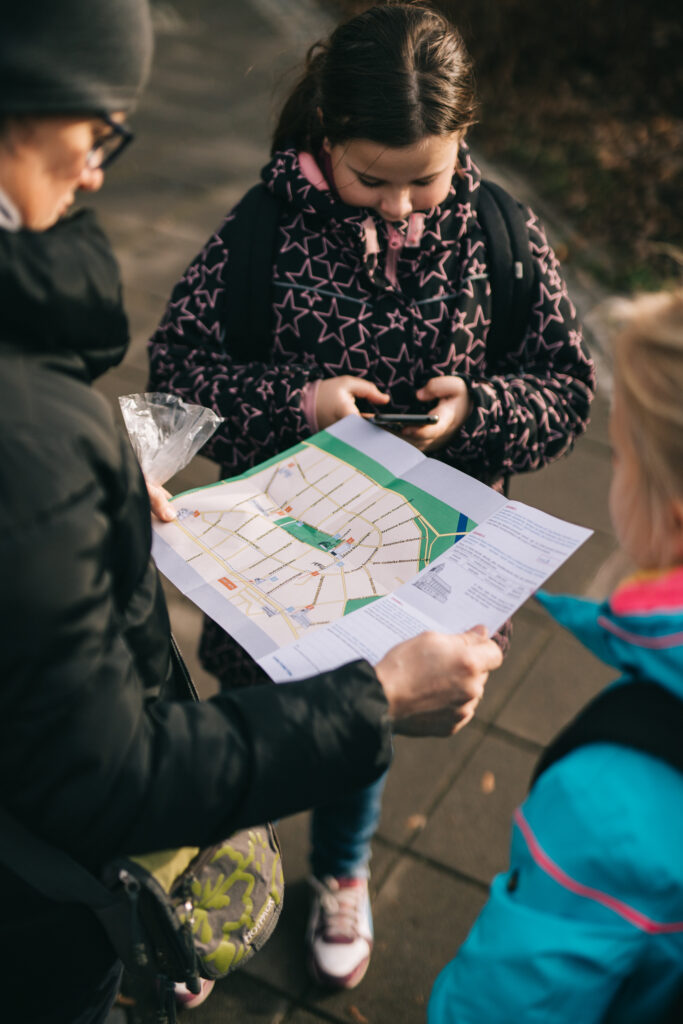
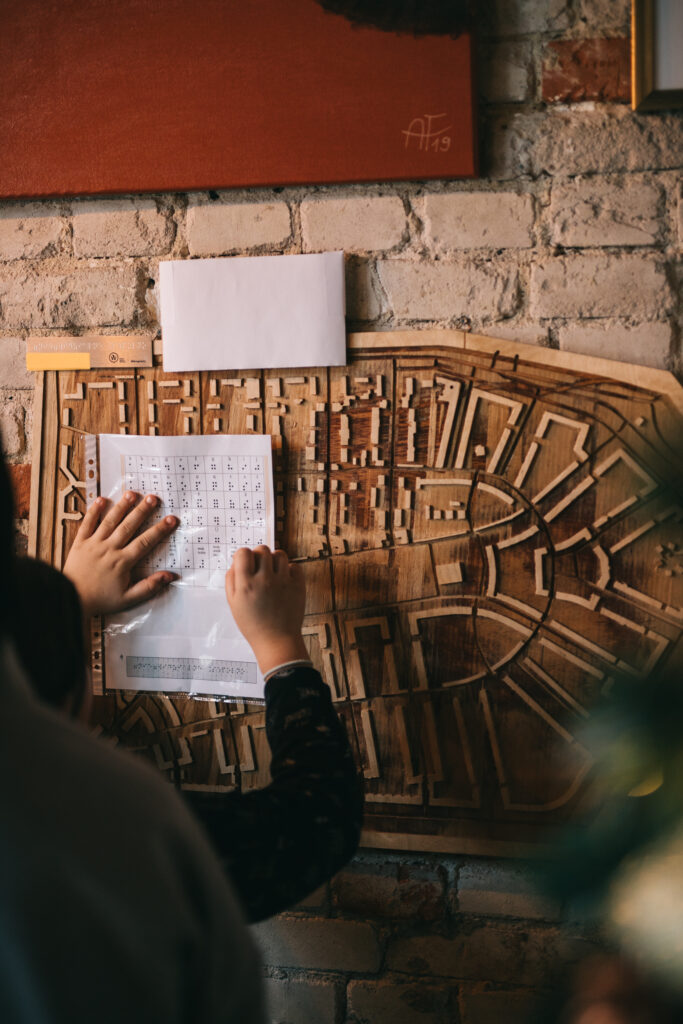
A Culture of Experimentation
Two years ago, Wrocław admitted that it was afraid of making mistakes. The city relied heavily on top-down solutions and long-term master plans, hesitant to take risks on temporary or small-scale interventions.
Today, that mindset has completely shifted. Wrocław now embraces experimentation, seeing short-term actions as legitimate steps toward lasting change. A key example of this shift was a workshop with teenagers, where high school students were given the chance to reimagine local spaces. Their ideas weren’t polished or perfect, but they were fresh, creative, and rooted in lived experience—offering new perspectives on how young people interact with the city.
What Wrocław Gained from the Programme
Participation in the Cities in Placemaking programme has profoundly influenced Wrocław’s approach. The biggest shift has been rethinking the planning process itself:
- From avoiding mistakes → To embracing experimentation
- From only long-term solutions → To valuing temporary interventions
- From top-down decisions → To prioritising community voices
- From projects before participation → To participation before projects
- From static solutions → To ongoing, evolving processes
This mindset shift has led to a more inclusive, adaptive, and responsive approach to urban development. The city has strengthened its viewpoint that listening to communities and creating opportunities for small, iterative changes often leads to the most impactful and sustainable transformations.
A Note of Caution
Now, let’s not get carried away. Wrocław’s journey is far from over. There are still challenges, inequalities to address, underused spaces to transform, and skepticism to overcome. The city’s Triangle Square and Leśnica District projects are still works in progress. The key will be maintaining momentum without falling into the trap of complacency.
As one participant in the Placemaking Europe program aptly put it:
“You are the evidence that everything can happen when you have the confidence, determination, and the right people behind you.”
But confidence without critical self-reflection can quickly become arrogance. Wrocław’s success lies in its humility, its willingness to learn, and its recognition that placemaking is a process, not a product.
Written by: Emma Arnold
Co-authored by: Marta Popiolek
Credits to:
City Strategy Office – Wrocław
- Marzena Horak – City Strategy Office Director
- Małgorzata Klarczyk
- Katarzyna Herma-Lempart
- Aleksandra Niebylska
- Karolina Wałęsa
- Wrocław Centre for Social Development (WCRS)
- Anna Ducka
- Amanda Węglarz







